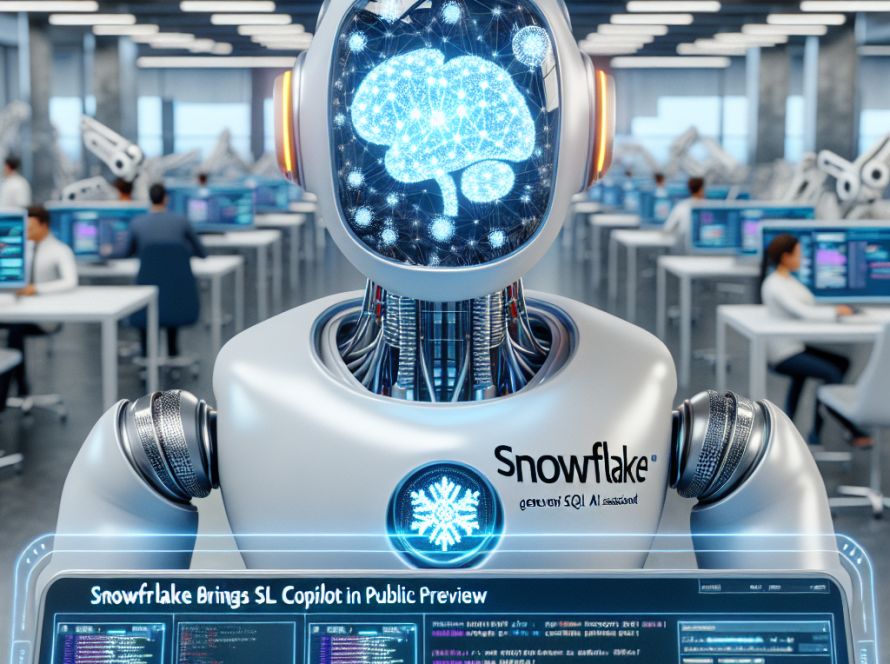Artificial Intelligence (AI) has conventionally been spearheaded by statistical learning methods that are excellent at uncovering patterns from sizeable datasets. However, these tend to uncover correlations rather than causations, a differentiator that is of immense importance given correlation does not infer causation. Causal AI is an emerging, transformative approach that strives to comprehend the ‘why’ underlying data, enabling more fortified decision-making mechanisms.
Causal AI is the amalgamation of causal inference within AI algorithms to model and understand the world in terms of cause-and-effect relationships. It is different from traditional AI as it depends on correlations observed in historical data and looks to comprehend the fundamental mechanisms that generate this data.
Causal inference is a critical methodology within AI to discern which relationships in the data observed could be labeled as causal. This becomes critical when decisions have to be based on predictions about specific actions’ outcomes.
One key difference between correlation and causation is that correlation reveals a relationship where two variables are in sync, but this doesn’t establish that one variable influences or causes the other to occur. On the other hand, causation refers to a situation where one variable has a direct impact on another.
Applications of Causal AI include healthcare, where it can assist in determining a new treatment’s effect on patient outcomes, and economics, where it can help understand policy change’s impact on the economy.
Causal reasoning in decision-making systems allows for smarter and more accurate predictions in complex settings. Autonomous vehicles, for example, can leverage causal AI to understand and anticipate the results of different actions.
Causal reasoning provides certain benefits to AI systems, including robustness and generalization – causal models are usually not led astray by spurious correlations in the training data. It also enables the development of AI systems that make transparent and justifiable decisions.
While full of promise, causal AI also faces substantial challenges such as data limitations because accurate causal inference requires high-quality data which may not always be available, and the complexity of causal models – these models typically are more complex and computational exhaustive than correlation-based models.
To conclude, causal AI is a significant milestone in the progression of AI. It extends the capacity of systems to make predictions and enables them to grasp the mechanisms behind these predictions – a vital capability, especially in healthcare, economics, and autonomous systems where comprehending the cause-and-effect relationship can lead to improved outcomes and ethical decision-making. With the advancement of technology, the adoption of causal AI is anticipated to rise, resulting in more sophisticated and dependable AI-driven resolutions spanning various sectors.


